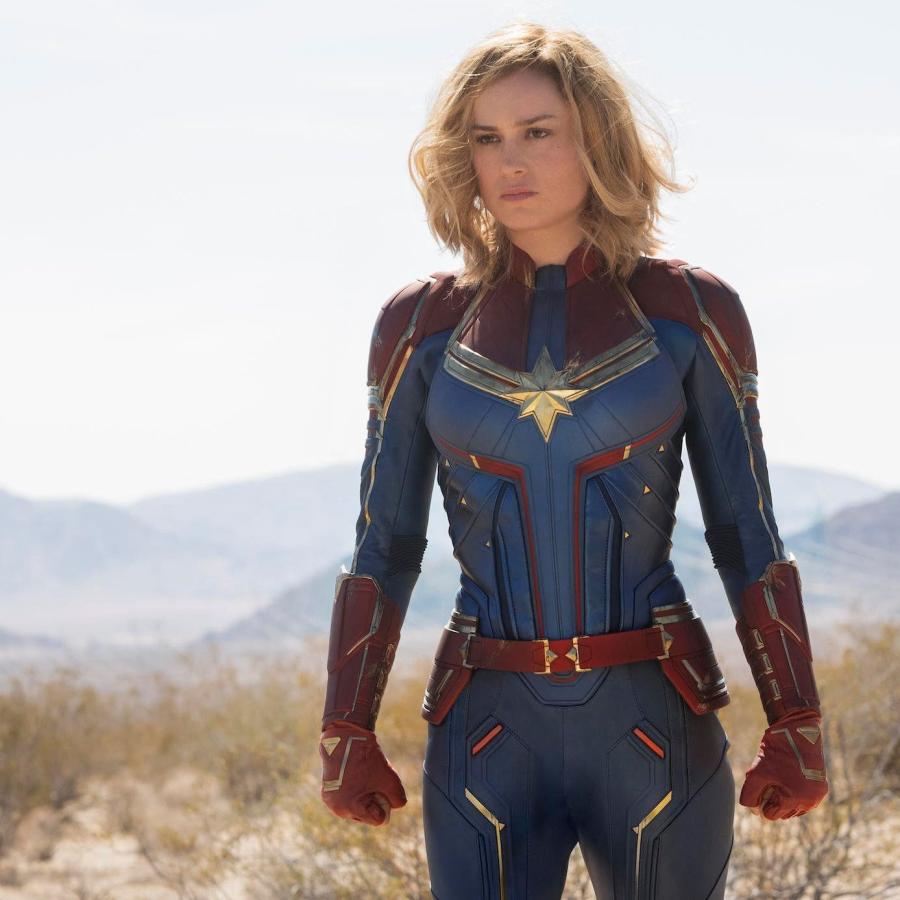In BtS, Chloe isn’t the same spunky rebel from the first
game. She’s shy and unsure of herself as a 16-year-old. You get to figure out
how to interact with the characters that surrounds Chloe: her mom, her mom’s
new boyfriend, kids at high school, and her new crush, Rachel. That pretty much
sums up the game. There is an intricate plot, which involves Chloe and her
relationship with Rachel, and while it drives the game forward, the game plays
as so much more because it lets you develop something of your own kind of
relationship between Chloe and those surrounding her. There are certain things
which cannot be changed in the game, like the death of Chloe’s father and the
drama surrounding Rachel’s family life. It’s really in how Chloe deals with
everything that’s going on—or, more precisely, how you have her deal with it.
This time around, there’s no time rewinding function, so
every choice you make is set in stone and immediate. I thought this would ruin
the aesthetic of the game after how integral it was to the first LiS,
especially how it was used to solve problems, but it was relieving not having
to worry about it this time around. It made more sense following Chloe in real
time, with all her personality and eccentricities, and having decisions that
were permanent. It’s not like she can go back and try to save her dad like in
the first LiS, so why go back at all? She has to face everything that’s thrown
in front of her, from her mom shacking up with a guy she doesn’t like to
getting kicked out of school. Her emotions are front and center in a way that
LiS never really dealt with explicitly until BtS. They’re raw and insecure in
ways that only a 16-year-old could experience, especially in the scenes that
deal with the loss of her father. She has no idea how to approach life
afterwards, relying on visions of her dead dad to help guide her, often leading
to confusion, anger, and frustration. She doesn’t have a friend to rely on—Max
had skipped town two years earlier—until she meets Rachel, who connects with
her through the frustration of her own family life. The two lean on each other,
growing as people as they navigate the story. That you control Chloe’s
interactions to a certain degree lets their struggle flow through the player
even more, boosting your own connection to these two. It’s just a great,
engrossing way to tell Chloe’s story.
Part of the emotion that comes from playing the game is
knowing that Chloe eventually loses Rachel somewhere between BtS and the first
game. You knew her relationship with Rachel wouldn’t last and that she’d become
lost in the time between when BtS ends and when she finally meets back up with
Max. It really does coat the entire game in a cloud of sadness. Unfortunately,
once you know what happens in both games, it’s impossible to go back and replay
them with a different set of emotions (at least for me it is). It has me constantly
wondering how I would’ve viewed the first game if I played them
chronologically. A bit of a spoiler here, but the end of BtS doesn’t show what
happens when Rachel goes missing, so at the end, the two are still together. I
can’t imagine how I’d feel playing out the first game with Max, finding posters
of Rachel Amber scattered throughout the school and then meeting Chloe in the
washroom, knowing exactly who she is and what she’s been through. I can imagine
a deeper sense of dread, knowing something is totally off, and I’d probably
also get a bit nostalgic, watching Chloe temporarily get killed by Nathan,
maybe even shocked. The hurricane barreling towards Arcadia Bay, though…that
probably would’ve made more sense to me at the time. But just like that, time
passes and you become exposed to all the little secrets everyone’s been holding
on to, and there’s no turning back. For anyone who’s played through BtS, you
know that was always the point.




